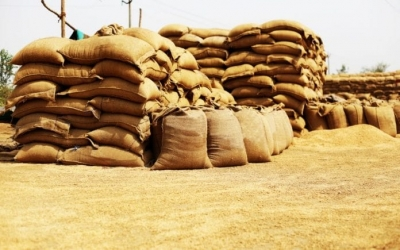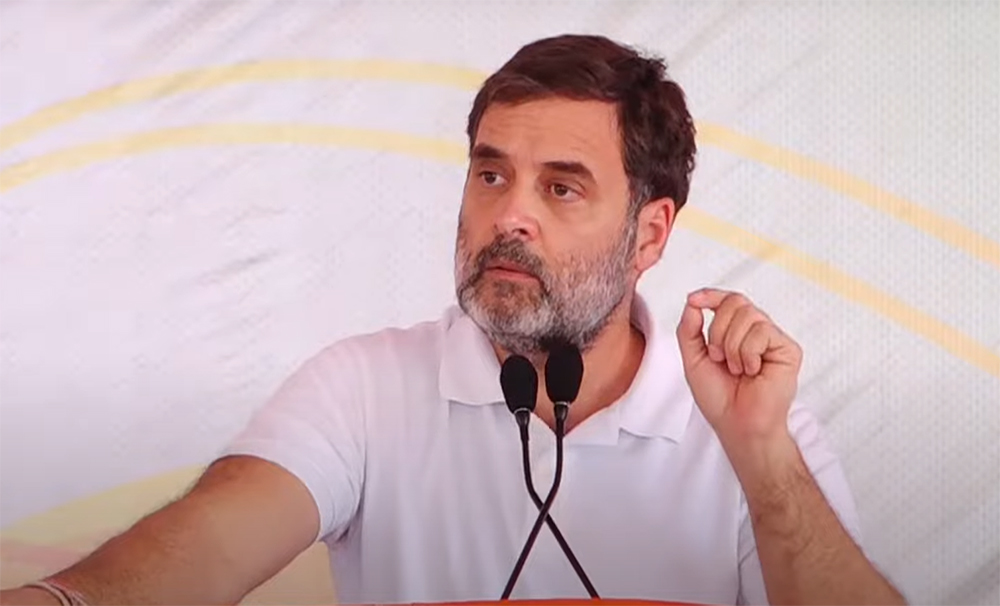The ban was initially implemented to stabilize domestic supply…reports Asian Lite News
South African importers have expressed relief and excitement over India’s recent decision to ease restrictions on rice exports. Last month, India withdrew its blanket ban on overseas shipments of non-basmati white rice, which had been in place since July 20, 2023.
The ban was initially implemented to stabilize domestic supply. With the easing of restrictions, India set a minimum export price of USD 490 per tonne and exempted the commodity from export duties, creating an immediate impact on global rice markets.
South Africa, a major importer of rice, has welcomed the move. Pranav Thakkar of Dev International, one of the largest importers of Indian products in South Africa, commented on the positive development: “It’s welcoming news for all importers like us, as South Africa imports roughly 10 million tonnes of rice every year”, PTI news agency quoted Thakkar as saying.
“After Thailand and Vietnam, which account for 70 percent of rice imports here, India is the next biggest exporter to South Africa.” With India lifting the ban, Thakkar revealed that orders were already in progress and shipments were en route.
The ban on exporting short-grain white rice and other rice categories had significantly impacted global markets, with prices surging due to concerns over supply shortages.
Thakkar noted that prices had begun to decline with the lifting of restrictions, coinciding with India’s upcoming rice harvest in October and November. He added that Indian rice prices, which had reached near basmati levels during the ban, were expected to return to normal levels.
Wandile Sihlobo, Chief Economist at the South African Agricultural Business Chamber, echoed Thakkar’s optimism. He noted that global rice prices had started to soften in recent weeks due to expectations of ample global supplies and India’s easing of export restrictions.
Sihlobo emphasized that India, which accounts for roughly 26 percent of global rice production, plays a critical role in the rice market. The initial ban on non-basmati white and broken rice had caused prices to spike globally, but quick adjustments in supply chains helped prevent a major rice shortage.
South Africa relies entirely on imports for its rice needs, as the country’s climate does not support local rice production. Restaurant owners and consumers have also welcomed the news, expecting a decline in rice prices. Mehmood Latif, owner of Desi Khana restaurant in Johannesburg, shared that rising rice costs had affected his business, as many customers preferred rice with their meals.
Meanwhile, housewife Anita Singh, a regular shopper at Shama’s, a large Indian food retailer, expressed relief, saying that she had been using less rice due to rising prices but looked forward to the price drop for her family’s weekly biryani meals.
ALSO READ: Muizzu to meet Modi














